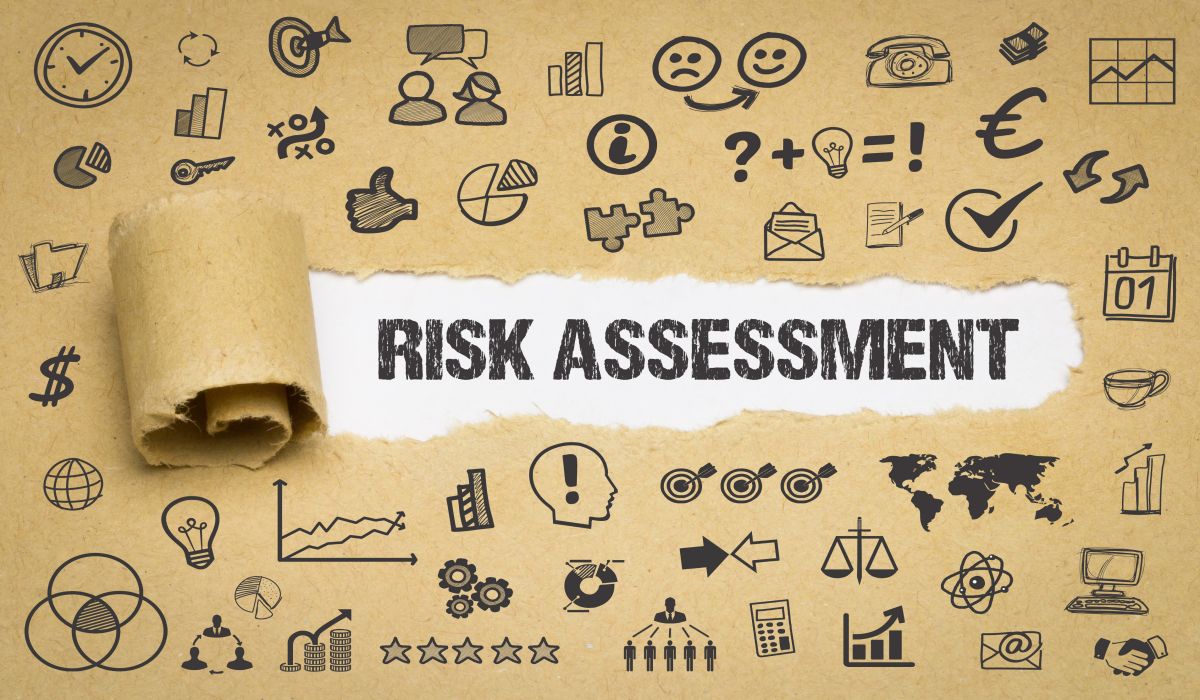Anticoagulants and dentistry
Risk assessment

Patients who take anticoagulants and antiplatelet drugs are more likely to bleed during and after many dental procedures. These include pocket probing, RSI / scaling, extractions and minor oral surgery, and gingival damage from restoration preps with subgingival margins.
A simple extraction is low risk. So are pocket probing, RSI / scaling, and subgingival preparation of teeth for restorations.
- Any procedure that involves raising a flap
- Extractions that are complex
- Multiple (more than 3) simple extractions (consider staging instead)
- Adjacent extractions that cause a large wound (consider staging instead)
- Biopsies
- Gingival recontouring
Patients on antiplatelet drugs tend to bleed more initially, but once a clot has formed, it tends to be stable.
Patients on anticoagulants usually stop bleeding in the normal time, but the clot is more fragile and easily dislodges.
There are many illnesses and medications that cause increased bleeding anyway, e.g. some liver or kidney disorders, or cancer treatments, or NSAIDs like ibuprofen. Dental staff should be aware of these, particularly if the patient is also taking anticlotting medications.
Any illness/treatments/medications mentioned during a medical history should be checked for their potential effect on bleeding if you are not already sure about it.
Stopping the medication?
With a high risk procedure, if you temporarily stop a patient’s anticlotting medication, or reduce the dose/frequency, the patient is at increased risk of thrombus formation and subsequent stroke or embolism.
If you don’t, there is a higher risk of post-op bleeding.
The next page discusses the recommended procedure for each type of anti-clotting agent.

